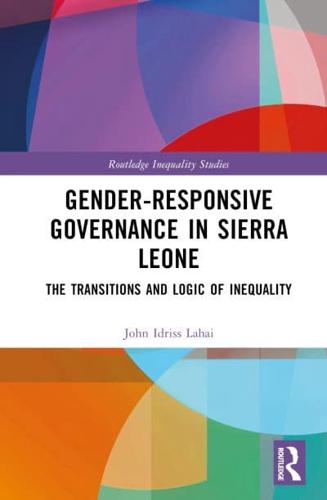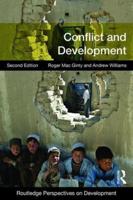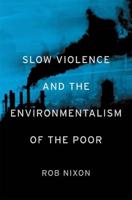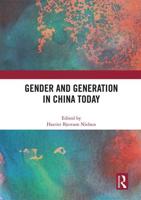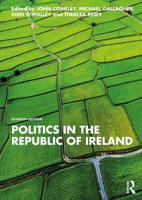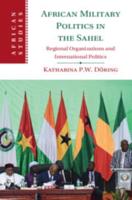Publisher's Synopsis
This book investigates gender equality and women's empowerment in Sierra Leone, focusing especially on women's interactions with the state and its development partners. In particular, it highlights women's increasing agency in acquiring knowledge, diffusing power, engaging in grassroots politics, and compelling the government to adopt more gender-responsive policies.
Exploiting extensive fieldwork and original multidisciplinary research methods (including econometric and statistical models), the book first sets out the history and impact of inequality in Sierra Leone, and then goes on to shed light on the constructive and collaborative engagement of women and the state on a variety of local and external strategies for promoting gender equality. Drawing throughout on insights from across gender studies, sociology, anthropology, economics, and political science, the book highlights how women are succeeding in transforming marginality into agency in order to build a platform for influencing change. By qualifying and quantifying the challenges of gender inequality in Sierra Leone, and the progress that is being made, this book provides important insights that will be relevant to other fragile, post-conflict states within Africa.
The book will be of interest to students and researchers studying women and gender studies, African studies, economics, international development, sociology, and political science and international relations. It will also deepen policymakers' and practitioners' understanding of women's diverse trajectories and experiences, and how the typology of government affects the patterns of inequality and equality.
